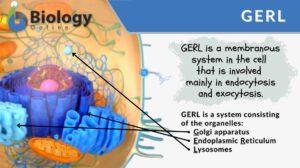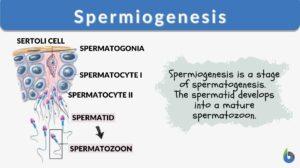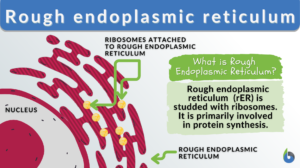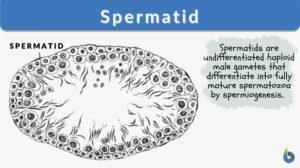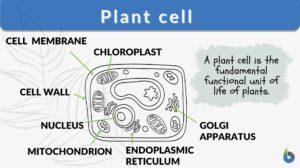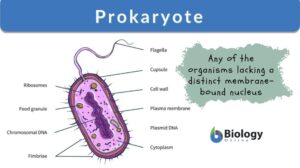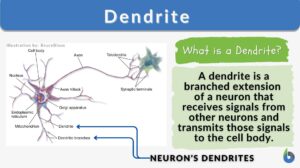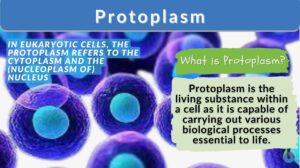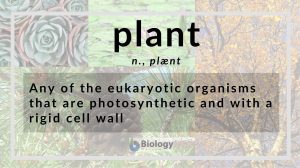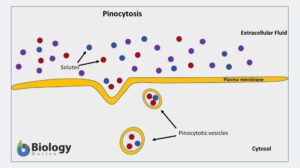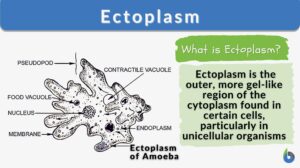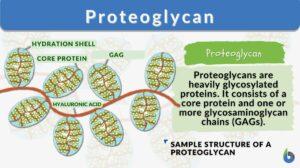Search Results for: golgi_complex
Golgi apparatus
Golgi Apparatus Definition The Golgi apparatus is a membrane-bound organelle in eukaryotic cells. It plays a crucial role... Read More
Endomembrane system
Ever wondered how biomolecules are made within the cell and then they are released outside the cell for use by the body?... Read More
Endoplasmic reticulum
Endoplasmic Reticulum Definition The endoplasmic reticulum is a membrane-bound organelle in cells of eukaryotic cells... Read More
Spermiogenesis
Spermiogenesis Definition Spermiogenesis is the stage of spermatogenesis wherein the spermatids differentiate into mature... Read More
Rough endoplasmic reticulum
Rough Endoplasmic Reticulum Definition The rough endoplasmic reticulum (rough ER or rER) is a membrane-bound organelle... Read More
Animal cell
An animal cell is the fundamental functional unit of life of animals. It is also the basic unit of reproduction. Animal... Read More
Genetic Information and Protein Synthesis
Genetic Code Genes are sequences of DNA nucleotides that carry and transmit the information specifying amino acid sequences... Read More
Eukaryotic cells
Eukaryotic Cells Definition What is a eukaryotic cell? Eukaryotic cells refer to the cells of (or derived from) eukaryotes,... Read More
Biological Cell Introduction
It only takes one biological cell to create an organism. In fact, there are countless species of single-celled organisms,... Read More
Glycosylation
Definition noun A biochemical process where a glycan attaches to a protein, a lipid, or other organic molecule, especially... Read More
Smooth endoplasmic reticulum
Smooth Endoplasmic Reticulum Definition Smooth endoplasmic reticulum (sER) is part of or a region in the endoplasmic... Read More
Plant cell
Plant Cell Definition A plant cell refers to any cell of a plant. It is the structural and functional unit of plants. Plant... Read More
Prokaryote
Prokaryote refers to any of the group of living organisms primarily characterized by the lack of a true nucleus and other... Read More
Cell theory
What Is Cell Theory? Biological cell theory explains the idea of organismal constitution, structure, and function. It... Read More
Cytokinesis
The cell cycle of eukaryotes is a cyclical series of biological events that certain asexual cells go through. The cell cycle... Read More
Human milk oligosaccharide
Definition noun plural: human milk oligosaccharides An oligosaccharide that occurs in high concentrations and exclusively... Read More
Nervous System
THE is the most complicated and highly organized of the various systems which make up the human body. It is the... Read More
Protoplasm
Protoplasm Definition The protoplasm is regarded as "the living material or the living content of a cell". It is fluid... Read More
Krebs cycle
Krebs cycle, also known as the citric acid cycle or tricarboxylic acid (TCA) cycle, is a fundamental metabolic pathway that... Read More
Pinocytosis
Pinocytosis Definition What is pinocytosis? Pinocytosis is the ingestion of extracellular fluids, i.e. the fluid... Read More
Proteoglycan
What are proteoglycans? Proteoglycans are primarily a type of polysaccharide. Structurally, proteoglycans are... Read More
Glycoconjugate
Definition noun, plural: glycoconjugates A carbohydrate chemically linked to another compound, e.g. lipid or... Read More
Digestion and Absorption of Food
The gastrointestinal (GI) system includes the gastrointestinal tract (mouth, pharynx, esophagus, stomach, small intestine,... Read More



